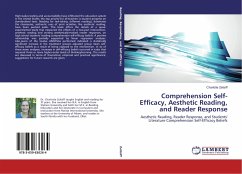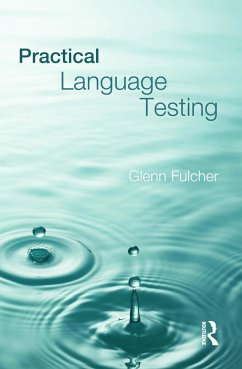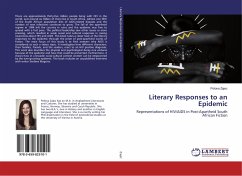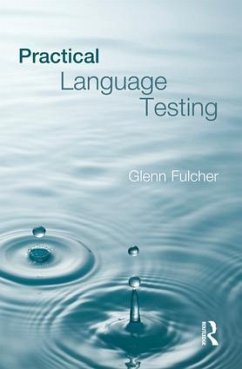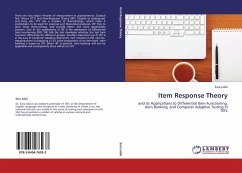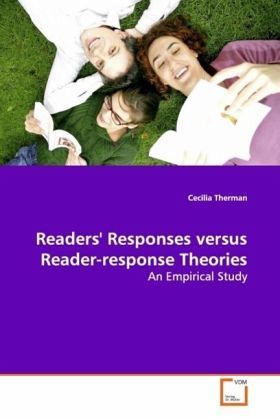
Readers' Responses versus Reader-response Theories
An Empirical Study
Versandkostenfrei!
Versandfertig in 6-10 Tagen
39,99 €
inkl. MwSt.

PAYBACK Punkte
20 °P sammeln!
How do people interpret literary texts? Reader-response theorists David Bleich, NormanHolland, Stanley Fish and Wolfgang Iser havesuggested different ways of conceptualising literaryreading. This book examines how well their theoriesexplain tendencies found in readers responsesto short fiction. A critical analysis of the theoriesreveals that they rely on problematic assumptionsabout language assumptions that Ludwig Wittgensteinquestioned in his late works. The empirical analysisgives rise to three main conclusions. 1) Readers tendto agree in their interpretations much more than theconventional...
How do people interpret literary texts? Reader-
response theorists David Bleich, Norman
Holland, Stanley Fish and Wolfgang Iser have
suggested different ways of conceptualising literary
reading. This book examines how well their theories
explain tendencies found in readers responses
to short fiction. A critical analysis of the theories
reveals that they rely on problematic assumptions
about language assumptions that Ludwig Wittgenstein
questioned in his late works. The empirical analysis
gives rise to three main conclusions. 1) Readers tend
to agree in their interpretations much more than the
conventional idiosyncrasy thesis suggests. 2) Parties
with opposing interpretations often pay attention to
the same passages and acknowledge the possibility of
an alternative interpretation. 3) Situations where
memories of personal experiences seem to influence an
interpretation are rare, and in such cases the memory
has a strong emotional charge. This book offers
teachers, students, researchers and literary
enthusiasts reasons to re-examine common
assumptions related to literary interpretation and to
broaden their understanding of how readers
make sense of texts.
response theorists David Bleich, Norman
Holland, Stanley Fish and Wolfgang Iser have
suggested different ways of conceptualising literary
reading. This book examines how well their theories
explain tendencies found in readers responses
to short fiction. A critical analysis of the theories
reveals that they rely on problematic assumptions
about language assumptions that Ludwig Wittgenstein
questioned in his late works. The empirical analysis
gives rise to three main conclusions. 1) Readers tend
to agree in their interpretations much more than the
conventional idiosyncrasy thesis suggests. 2) Parties
with opposing interpretations often pay attention to
the same passages and acknowledge the possibility of
an alternative interpretation. 3) Situations where
memories of personal experiences seem to influence an
interpretation are rare, and in such cases the memory
has a strong emotional charge. This book offers
teachers, students, researchers and literary
enthusiasts reasons to re-examine common
assumptions related to literary interpretation and to
broaden their understanding of how readers
make sense of texts.



